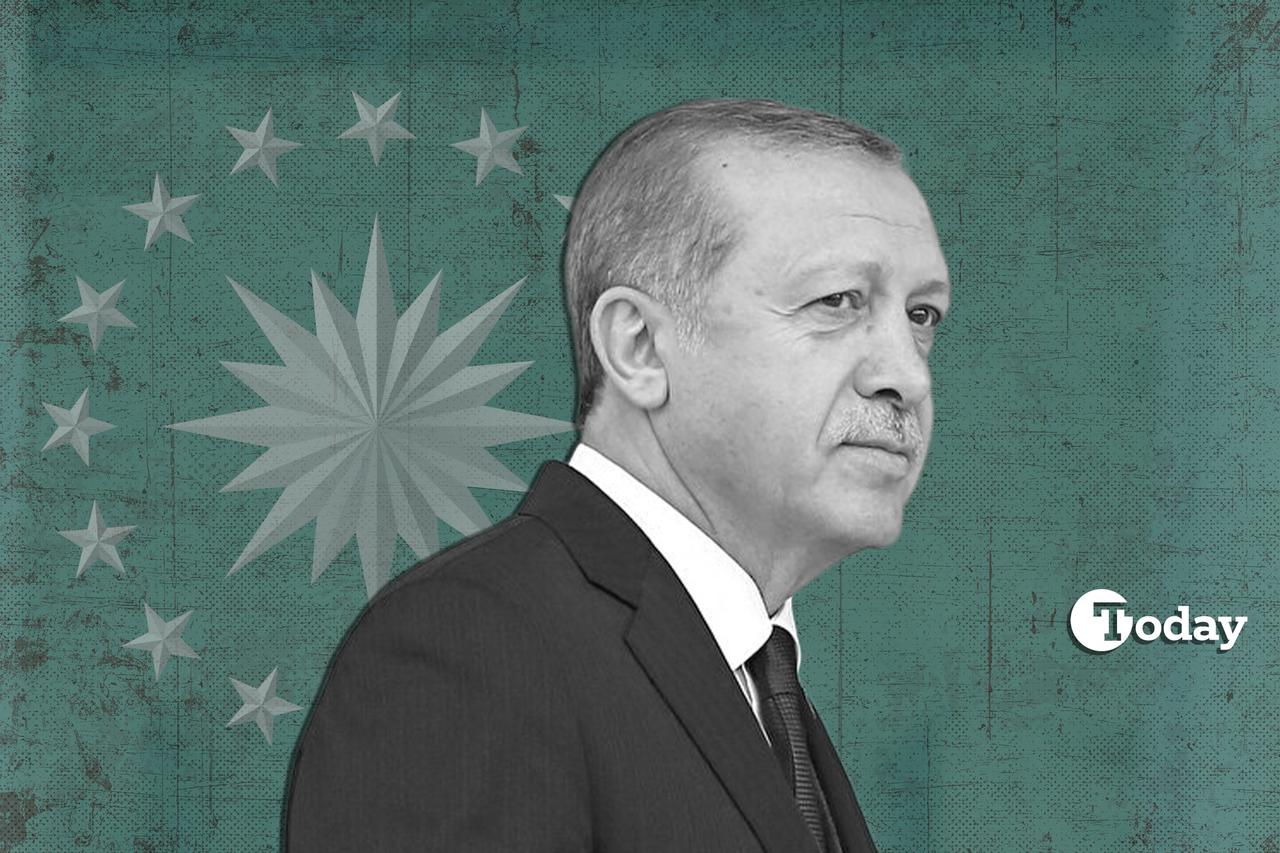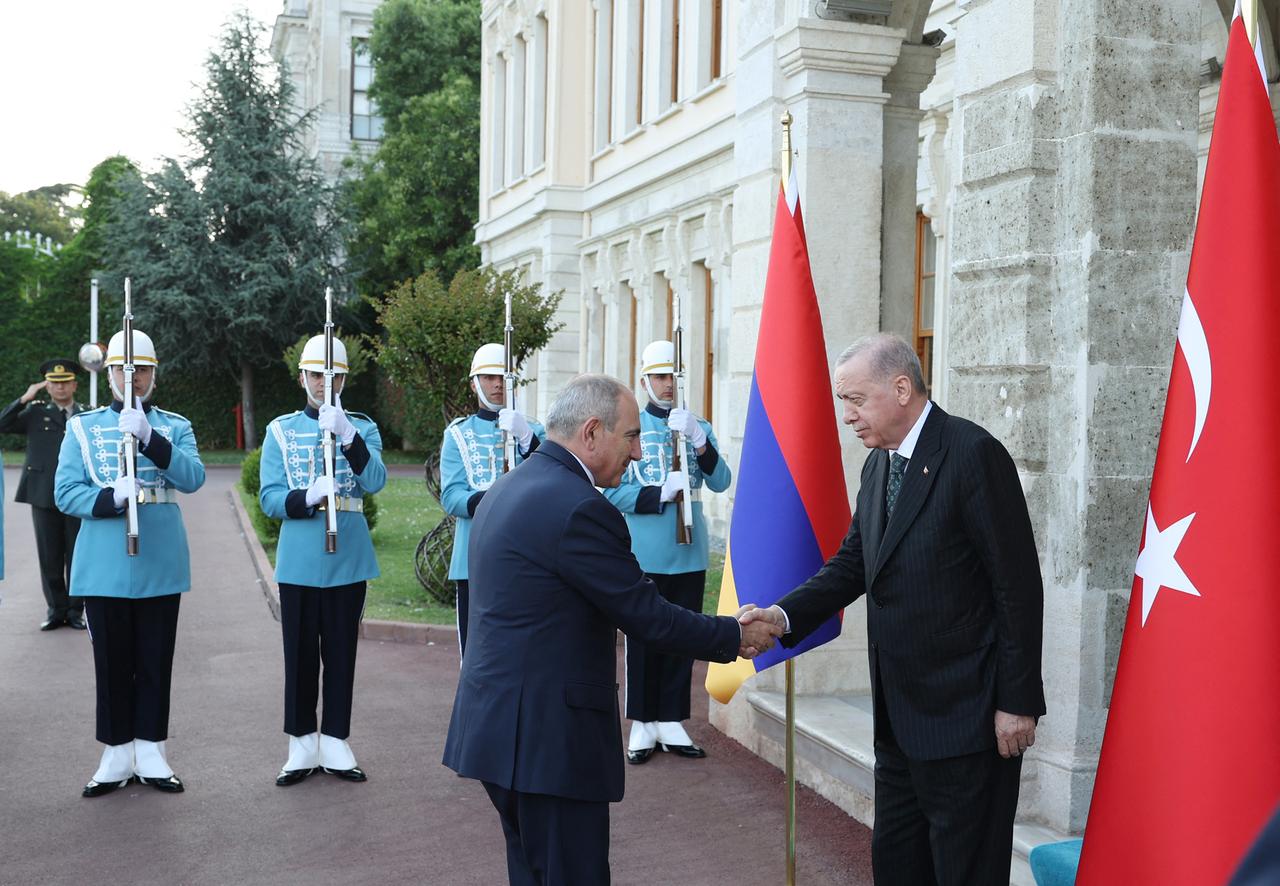
Israel’s attack on Iran with a large military showdown came as a major surprise to Turkish citizens. For Turks, Iran is a stable yet impoverished country burdened by overarching sanctions—a noble nation with an ancient history and literature. In many ways, Turks respect Iranians’ resilience both in resisting Western hegemony and their own clerical leadership.
An attack on Iran resonates differently in Türkiye in comparison to an attack on Iraq or Lebanon. Turks started believing that Türkiye could be the "next target" as Israel clearly proved that "it has other intentions"—namely, the pursuit of a "Greater Israel" and regional hegemony.
For many Turks across the political spectrum, the first and foremost concern following the attack was the current state of Türkiye’s homegrown defense industry. ‘How is Türkiye’s missile program going?’ ‘Would our air defense systems be detecting F-35s?’ were widely shared on social media and discussed in everyday conversations among friends.
President Erdogan, who is expected to run for a third term through early presidential elections in 2027, is well-positioned to answer these questions. He is widely regarded as the leader who prioritized Türkiye’s defense industry and delivered tangible results that have gained international recognition.
After former Istanbul Mayor Ekrem Imamoglu’s arrest over corruption charges—a case the opposition views as politically motivated—and the economic crisis, Erdogan may view the homegrown defense industry as the one area he can confidently showcase as a success.
Erdogan’s possible reelection campaign will focus on Israel and Türkiye’s defense achievements. In 2023, ahead of the election, he already showcased the Turkish navy’s flagship TCG Anadolu. Citizens were allowed to board the vessel and were struck by its grandiosity. The ship was launched only 34 days before the May 14 general elections.

Turks will now turn their focus to the defense industry and Erdogan is well-positioned to offer concrete answers during the election campaign. A considerable majority of Turks see Erdogan as a force of stability, especially when compared to opposition candidates, who are often perceived as lacking the experience and resolve needed to govern a country situated in an increasingly unstable region.
TCG Anadolu marked an important step for the Turkish military—an amphibious assault ship capable of transporting at least a battalion-sized force, carrying eight boats and hosting aircraft. Now, a new phase has emerged—one where the public demands more than supporting assets like drones. Türkiye’s newly developed air defense and missile systems will be watched closely by a public that, thanks to the Iran-Israel war, has turned into a nation of quasi-missile experts.
Erdogan’s reaction to the Iran-Israel war was notably moderate and constructive. He even tried to open a backchannel with Trump to facilitate a potential U.S.-Iran summit in Istanbul. His remarks were not as fiery as they used to be.
During the upcoming election period, his challenge will be to persuade the public of Türkiye’s military strength and the vitality of its homegrown defense industry. He may also request more financial sacrifices from the Turkish people, potentially through additional taxes, to support the defense industry's continued growth.
Such an election tactic would also resonate with Türkiye’s younger generation. Contrary to what many analysts think, a significant portion of Turkish youth closely follows developments in the country’s defense industry and its spending. They follow updates on the TAI-produced KAAN fighter jet and understand the significance of its first prototype flight.
For Erdoğan, it would play well to make Türkiye's homegrown defense industry the main pillar of an election campaign. According to a recent survey, nearly 70 percent of Turks view developments in the defense industry as successful.